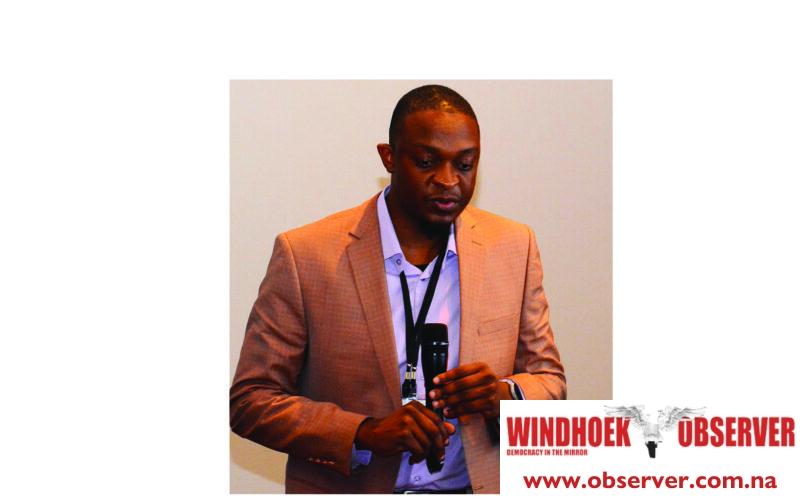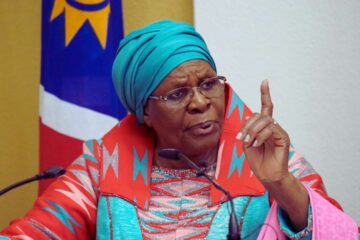Moses Magadza in Johannesburg
A call has been made for parliamentarians to strategically leverage their oversight powers to demand transparency and ensure that governments address the interconnected challenges of climate change, health, and sexual and reproductive health and rights (SRHR).
The programme manager for climate change, environment, health and SRHR at the SADC Parliamentary Forum (SADC PF), Munashe Tofa, made the call during a workshop on strengthening evidence-based policymaking this week.
“Parliament embodies the sovereign will of the people. Its power to call the government to explain and justify its actions is the foundation of democratic accountability,” Tofa told participants who included researchers under the Sweden-funded SRHR HIV and AIDS governance project and directors from national parliaments.
He outlined four key mechanisms at the disposal of parliamentarians. He explained that parliamentary questions can be used to extract specific information, highlight inefficiencies, or challenge policy decisions.
“Questions, whether with or without notice, force ministers onto the public record, highlight gaps, and inform debate,” he said.
On the potential of “committee scrutiny”, he said it allows for a deeper, investigative approach where committees interrogate government departments, policies, and spending.
He said such enquiries “produce influential reports and can compel ministers and officials to testify.”
He reminded MPs that lawmaking is also oversight. By amending or rejecting weak proposals, parliaments “shape policy, protect minority rights, and can force governments to make concessions.”
On control over the budget, Tofa said the ultimate lever is financial oversight.
“Parliament must approve all public expenditure. This prevents executive overreach and ensures funds are used as intended,” he said.
Tofa said the ability of Parliament to demand information is important.
“Without transparency, accountability is impossible,” he said and urged participants to help MPs to use evidence, data, and clear frameworks to sharpen their questions and debates.
He introduced the “4 As of Service Delivery”—Availability, Accessibility, Affordability, and Appropriateness—as a checklist to expose gaps in health and SRHR service provision, particularly in the face of climate-related shocks.
To illustrate, Tofa contrasted a weak question with an effective one.
He framed the weak question as, “What is the Ministry of Health doing about climate change?”
The strong question was put as, “Following the flooding in Beira that displaced 50 000 people, what specific measures has the Ministry of Health, in coordination with the Ministry of Environment, taken to ensure the continuous availability of antiretroviral drugs for HIV-positive individuals, and what is the timeline for restoring full clinic services?”
He explained that strong questions are specific, evidence-based, and cross-cutting.
“They compel ministers to provide concrete answers that cannot be ignored or deferred, “ he said.
Tofa urged MPs to frame their interventions in ways that foster collaboration across ministries.
“Oversight must target the nexus between health, environment, and SRHR. Only then can we break down silos and hold governments accountable for holistic, integrated responses,” he argued.
He reminded MPs of their unique responsibility.
“Your role is to use these tools strategically to compel the government into the open. A powerful question, anchored in evidence and framed through the 4 A’s, is your primary tool for surgical oversight,” he said.
Caption
Programme manager for climate change, environment, health and SRHR at the SADC Parliamentary Forum (SADC PF), Munashe Tofa
- Photo: SADC PF




